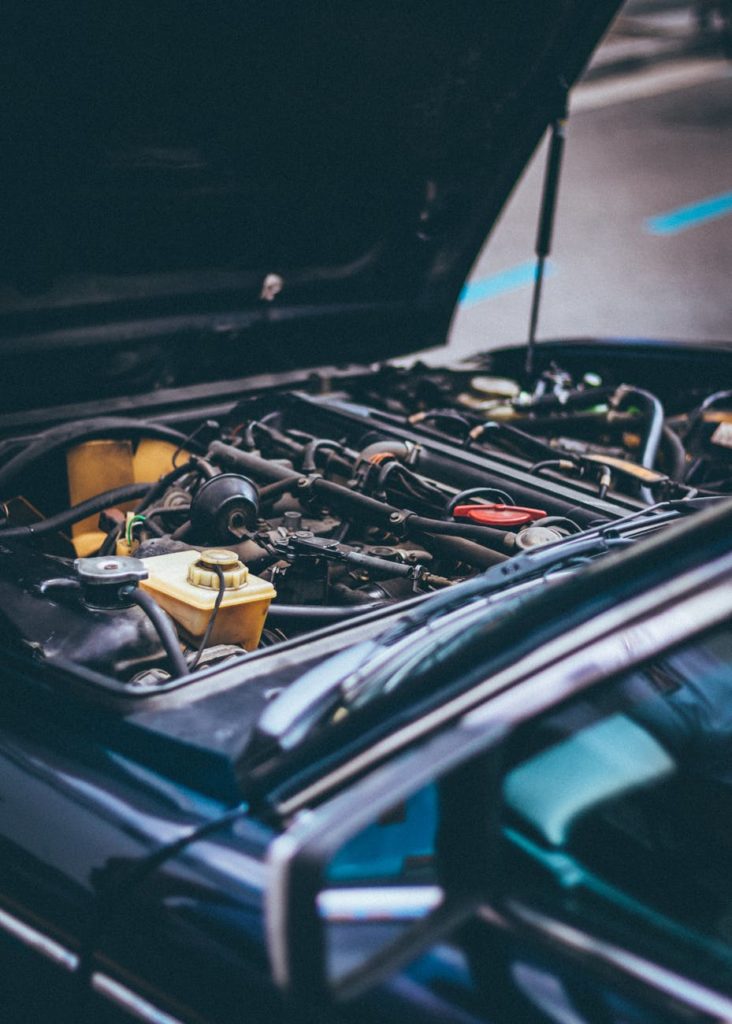Which engine oil for my car?
If your car’s engine oil light comes on, it’s time for an oil change or an oil level adjustment. And quickly, before you damage your engine! Have you found the nearest gas station or specialty store? That’s great. However, you are lost in front of the cans on the display. Indeed, the annotations on their labels are a bit barbaric… Which engine oil for my car?
You have a problem with your engine on the road? Our car troubleshooting service car troubleshooting is here to help you!

Choosing the right engine oil viscosity index for my car
Your choice is very important because oil keeps your car in perfect condition. By its viscous texture, it serves to lubricate the various mechanical parts. Besides, it serves the cooling process and prevents your engine from heating up or burning. The right oil with the right additives prevents corrosion and wear of your engine. It also allows a good lubrication of your filters.
First of all, you will find two families of motor oils, mineral oils and the category of synthetic oils. However, there are three different oils depending on their viscosity index. First, synthetic oils, with 5w30 or 5w40, which are suitable for recent engines, whether diesel or gasoline. Note that these synthetic lubricants are the most refined. Secondly, semi-synthetic oil with a 10w40 index, which is ideal if you use your engine intensively. This is less expensive than synthetic crude oil. And finally, mineral oil with a 15w40 rating, which is used for older diesel engine models. An “old” engine is one that is more than 12 years old.
For your information, the two numbers in the designation each represent a grade. The first number indicates the fluidity of the oil when cold, the second number indicates the performance of the lubricant at high temperatures and the SAE or “Society of Automotive Engineer” establishes this standard.
Respect the specific standards of my vehicle
Just like the viscosity index, you will find the standards to be taken into account when choosing your car oil on the label of the can. These are also in the form of combinations of numbers and letters: “API CF/DF”, “VW 500.01” or “ACEA B3/B4”. These standards indicate whether an oil is suitable for a diesel or a gasoline engine. They are determined by international specifications and manufacturer approvals.
It is imperative that you select the canister containing the combination that matches your car. This information can be found in the manual usually stored in the glove compartment of your vehicle. If in doubt, ask the automotive professional at the store for advice. He or she will provide you with information and help you choose the right engine oil. Change or upgrade should be done at regular intervals, ideally every three months. However, depending on your oil consumption, experts recommend changing it after every 5,000 kilometers driven.
Which engine oil for my car? Visit your local garage to find out, or to change your engine oil and find the right type of engine oil for you. You can also take advantage of this opportunity to have your engine manually lubricated to reduce friction that can damage it. You can also have your oil filter replaced if it has suffered from oxidation or is simply worn out.
Your oil level is dry and you have a breakdown on the road? Call our car troubleshooting Brussels service now!
Read also: our tips for a perfect engine cleaning and our article on unleaded fuel 95 and 98
